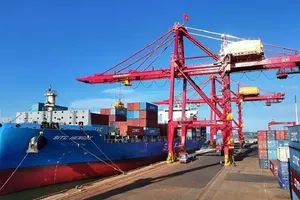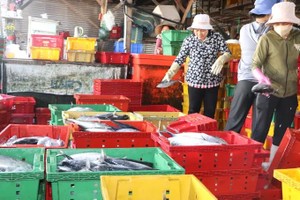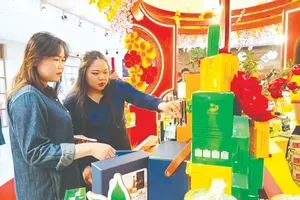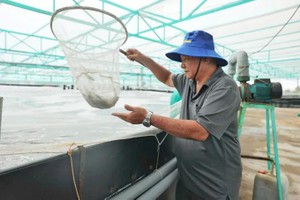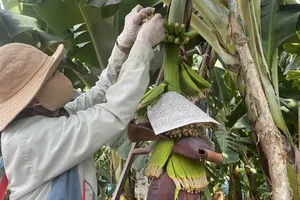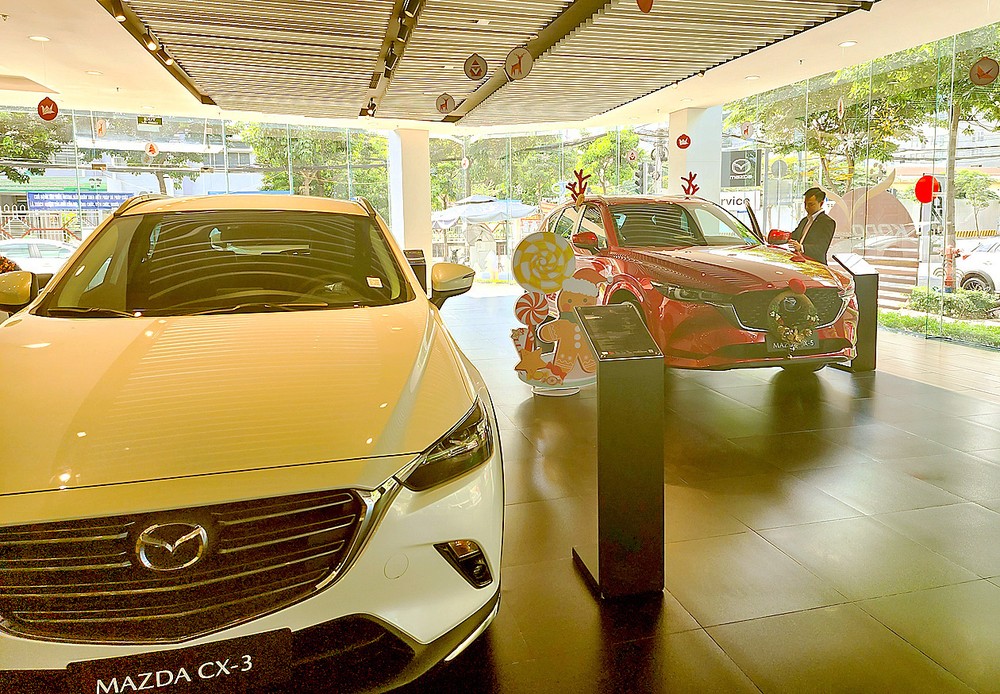
The Prime Minister has assigned the Ministry of Finance to study and propose to the Government and the Prime Minister an extension of the deadline for tax payment and reduction of the registration fee for domestically manufactured and assembled cars under Directive 12 issued on April 21, 2024. Currently, this policy is expected to be effective by many auto manufacturers, distributors as well as customers in Vietnam.
A series of car models are discounted and promoted
The Vietnamese auto market in the first five months of 2024 recorded a decline of about 50 percent compared to the same period and the lowest in the past five years. According to Vietnam Automobile Manufacturers Association (VAMA), in January 2024, the sales of member businesses reached 19,243 vehicles, down 50 percent compared to December 2023.
In February 2024, auto sales continued to decline with 11,633 vehicles sold, down 40 percent compared to January and 50 percent compared to the same period in 2023. In March 2024, sales reached 27,289 vehicles, up 135 percent compared to February but still down 9 percent against the same period. By April 2024, sales of the entire market reached 24,350 vehicles, down 11 percent compared to March 2024 and up 9 percent compared to the same period. Sales of both domestically assembled and imported cars witnessed a significant decrease.
Accumulated sales of the entire market in the first four months of 2024 reached 82,515 vehicles, a year on year decrease of 11 percent. In the face of the poor performance of the sector in recent months, a series of car models have been discounted by manufacturers, especially the Ford model which has seen the strongest price adjustment in May 2024.
Carmakers in Vietnam have been racing to cut prices. Accordingly, the Ford Explorer line was reduced by up to VND440 million (US$17,292) compared to April, the actual selling price of this model dropped to VND1.99 billion. Recently, the price of Volkswagen Teramont VIN 2023 model continued to decrease by another VND30 million, bringing the total discount to VND430 million compared to the listed price, sending the price to VND2.069 billion.
With some 2023 models, Honda Vietnam is one of the most active car brands in reducing sales prices. In May 2024, the price of Honda Accord sedan model was reduced by up to VND220 million. Meanwhile, although Hyundai brand cars are the most popular in the Vietnamese market, carmakers still launch discount programs for a series of models with dealers.
Specifically, MPV model - Hyundai Custin is discounted by dealers from VND60 million-VND80 million for 1.5T Special and 2.0T Premium versions, respectively, with gifts of insurance or accessories, depending on the dealer while Santa Fe model is further reduced by VND50 million. Accent model is also reduced by dealers from VND542 million to VND475 million for the 2023 model. Toyota also joined the race to cut prices when the Toyota Raize car was offered with a discount of VND30 million-VND50 million.
Prices must be pulled down
The domestic auto market has been facing many difficulties when many people have postponed buying cars as they are waiting for the government to continue to have policies to reduce registration fees.
If this policy is passed and applied from July 1 and extended to the end of 2024, auto dealers expect the market to recover. Therefore, when the registration fee is reduced by 50 percent, buyers of domestically assembled cars under 10 seats will save from tens of millions to hundreds of millions of Vietnamese dong. This will be the fourth time since 2020 that the policy of reducing the registration fee for domestically assembled cars has been proposed for application.
Commenting on the upcoming registration fee reduction if the government approves, economic expert Nguyen Minh Phong said that the new policy will be of great benefit to car buyers and domestic automakers.
For car buyers, this new policy will help meet their needs. In terms of society, it will help maintain domestic production maintaining jobs for workers and reducing social security pressure. In fact, thanks to the government’s timely support policies, the auto industry has lately achieved certain results.
However, according to the Ministry of Industry and Trade, many goals have not been achieved overall and many limitations need to be addressed. For example, the localization rate of cars under 9 seats only averages 12-20 percent (much lower than the target of 30-40 percent in 2020), and the export rate has only reached 1,000 vehicles compared to the target of 5,000 vehicles in 2020. In the context of the import tax reduction roadmap being implemented when Vietnam participates in commitments to free trade agreements, the competitive pressure on the Vietnamese auto industry is also becoming increasingly fierce.
Experts believe that the production and assembly of cars in the country will no longer have the opportunity to grow strongly in the coming years. If the low production level is maintained, the Vietnamese auto industry will not be able to transform all disadvantages into its advantages. Currently, cars under 10 seats are the products with the most taxes and fees, including import tax, excise tax, value added tax, registration fee, and license plate registration fee. High taxes and fees push up car prices, while people's incomes are still low, so the auto market is small, and the auto industry often faces difficulties.

